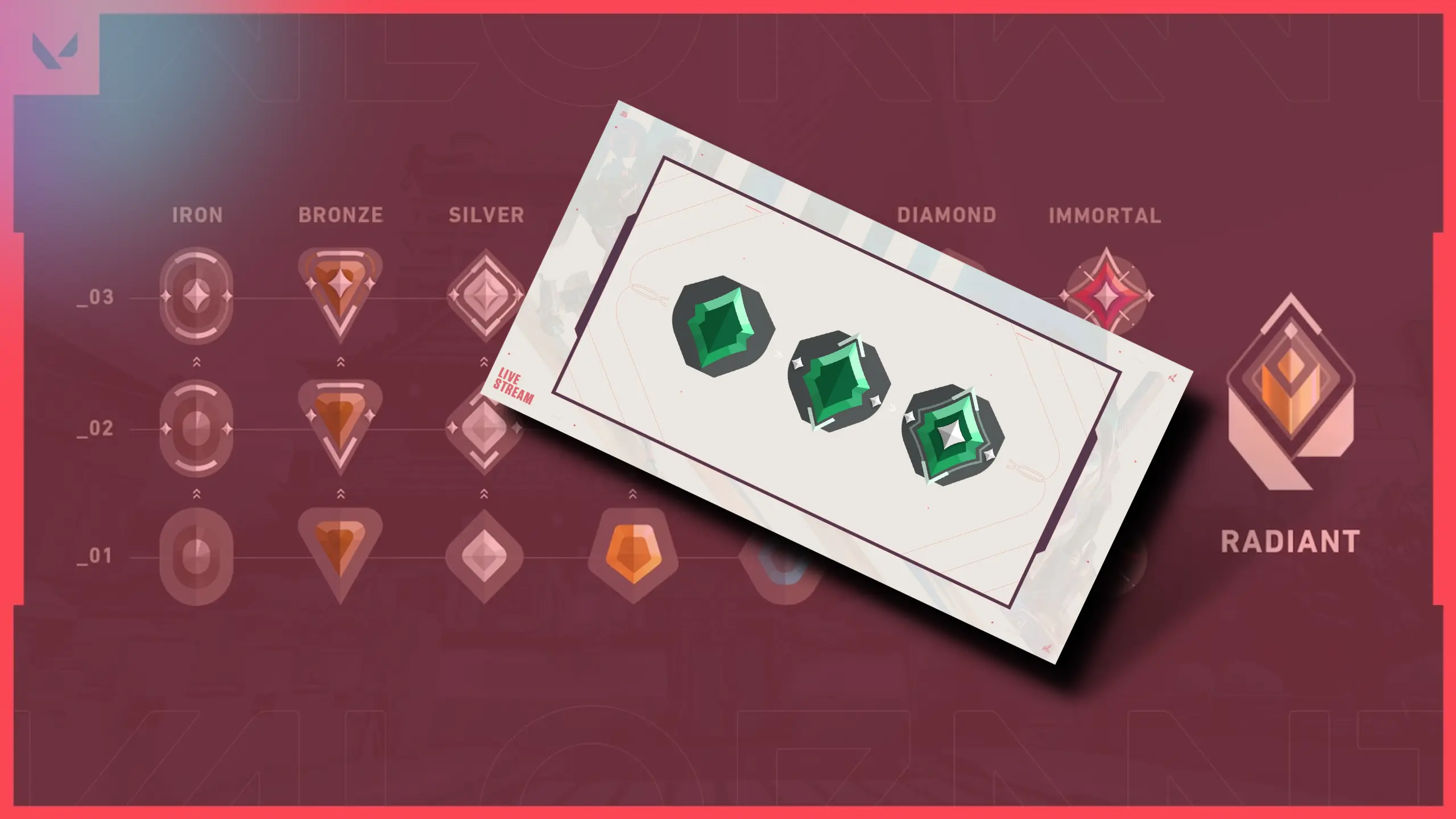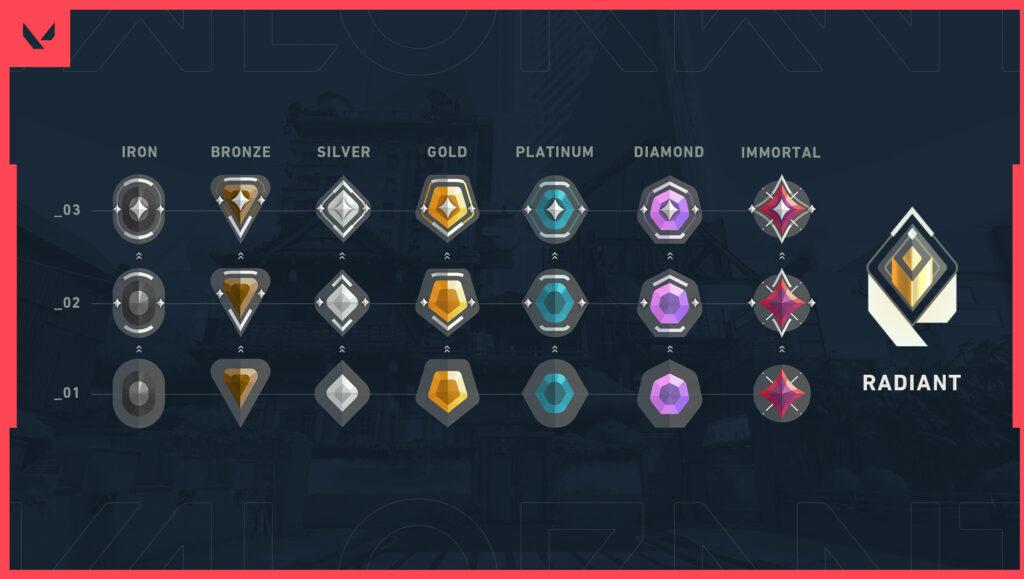
What’s the difference between MMR and RR in Valorant?
New players may find Valorant’s progress system to be a bit confusing. Do you need MMR to rank up or RR, or both? Here’s what sets both apart from each other.
Valorant’s progress system is less complex than other FPS games due to transparency and simple rank-up progress. However, new players may find themselves confused over what’s the difference between MMR and RR.
The difference between Valorant MMR and RR
MMR and RR both contribute to rank progress, but they are entirely different. The former decides who you queue up with the latter contributes to your visible rank badge.

RR, which is short for Rank Rating, are points you gain after each win. Typically, they vary between 8-33, depending on your personal performance, the opponents, and the results. In order to climb to the next rank, you need a total of 100 points, meaning an average of four wins to progress to the next level.
Losing a game means the system would deduct RR based on the abovementioned criteria. Sometimes you may lose a lot of RR, and other times, the deduction would barely make a difference. That’s where MMR comes in; the gain and loss of RR depends on your MMR pool.
“When you match make we use your MMR to match you with similar MMR players. So it doesn’t matter what ranks you run into in your lobby, your MMR is around theirs, and you are put into the match because of it,” Riot Games developer Jon Walker explains.
What is MMR in Valorant?
Matchmaking Rating, or MMR, is a hidden numerical value representing a player’s skill level. MMR is not visible to the player and is used primarily by the game’s algorithm to match players with opponents of similar skill levels.
MMR is affected by several factors, including the following.
- Player’s win/loss ratio
- Individual performance
- The skill level of their opponents
When a player wins a match, their MMR will generally increase, while a loss typically results in a decrease. The extent of these changes depends on the MMR difference between the teams involved in the match. For example, defeating a team with a higher average MMR will lead to a more significant increase in a player’s MMR than beating a team with a lower average MMR.
So, if the game system detects that your MMR is higher than your skill level in the current act, it’d ultimately try to push you into the deserved pool by rewarding less RR in games won and deducting more on losses, and vice versa.
Recommended

Andrew Tate criticized for defending toxicity in Valorant, demanding ban on female players
Andrew Tate is defending a toxic Valorant troll, and gaming community isn’t happy.

Latest Brimstone buff in Valorant patch 8.09 is too good
Brimstone will be great again.

Upcoming Valorant Night Market release date leaked
Start saving up!







